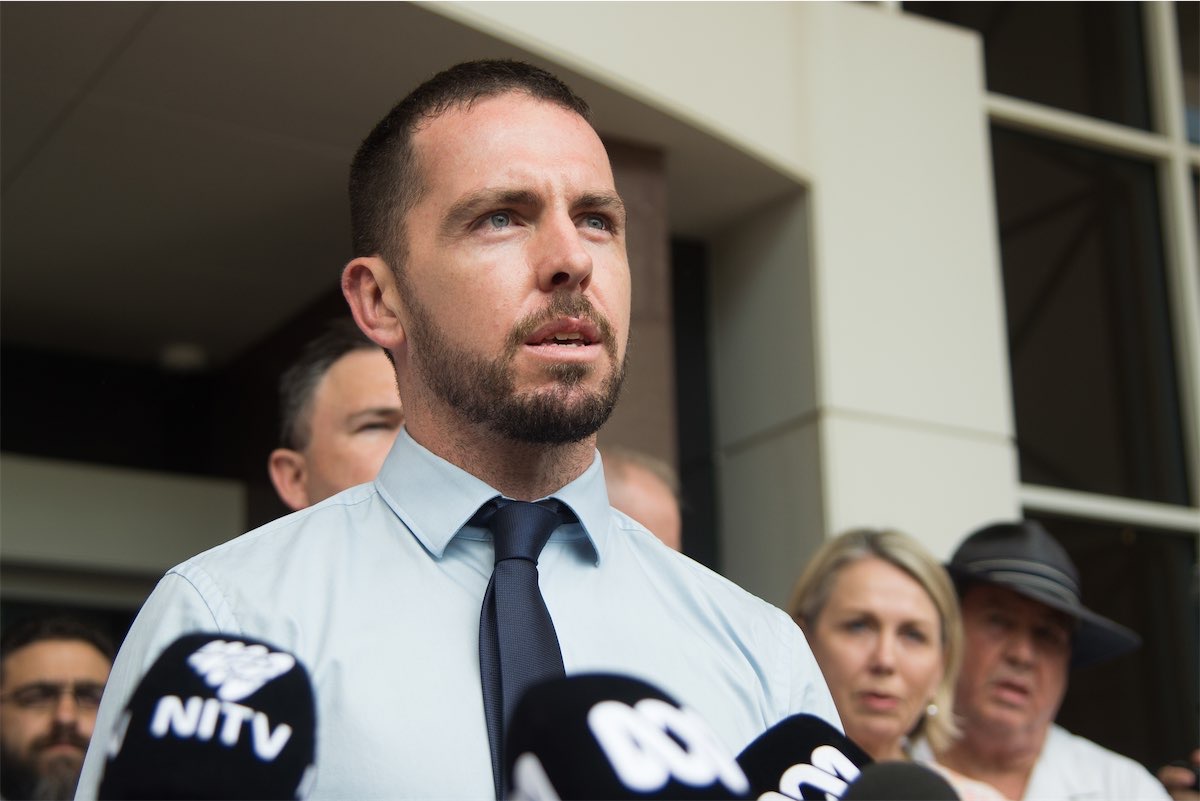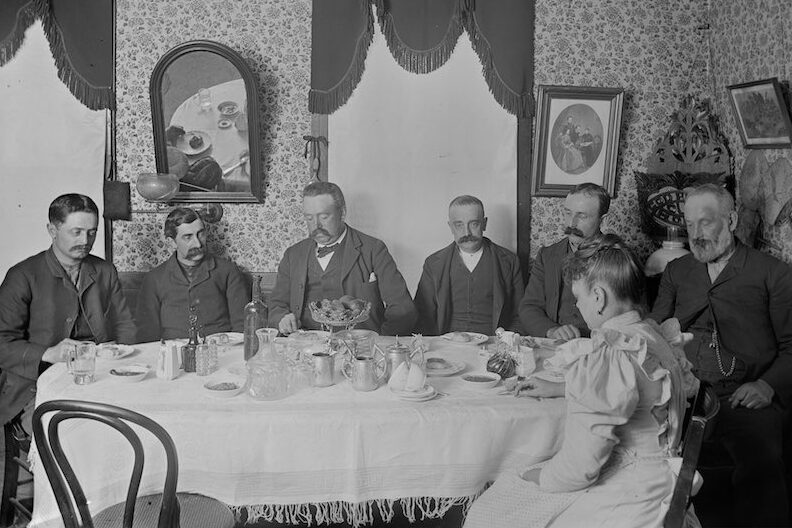
“Rolfe will be keenly interested in how the coroner expresses her findings. She cannot contradict his jury acquittals; however, what she writes about him and his actions may lead to more litigation,” writes legal columnist HUGH SELBY.
THE NT Court of Appeal has decided that former Canberran and now former NT police officer Zachary Rolfe is compelled to answer questions at the coroner’s hearing (an inquest) into the 2019 death of young indigenous man Kumanjayi Walker.
This article explains that decision and what happens next.
Walker died after being shot by officer Rolfe. In March 2022 Rolfe was acquitted by a jury which had before them charges of murder, manslaughter, and “a violent act causing death”.
Not so long ago an inquest into a death would begin before a person had been charged with an offence related to that death. The inquest would be run by a magistrate. When the police charged someone, then the inquest would be suspended. Sometimes the magistrate then conducted the “committal for trial” hearing of the defendant.
The inquest would restart once the criminal proceedings were finalised. If the person had been convicted then, usually, the hearing would be very short as the person’s trial and/or sentencing answered the inquest questions.
If the person of interest had been acquitted then the relatives of the deceased often still had matters that they wanted resolved.
These days, where committal hearings have been abolished in many jurisdictions, the inquest is likely to be delayed until after criminal proceedings.
The exception, used in the ACT, NSW and Victoria, is where the police request an inquest as an investigative tool to flush out evidence that will help them to build a case against one or more “persons of interest”.
In the NT the coroner started the inquest in September, that’s about six months after the acquittals.
An objection to answering questions was made by Rolfe (who was then still a police officer) and another police officer, the ground being that their answers might expose them to a penalty under police disciplinary procedures.
They relied upon a long-standing judge-made rule (the common law) that no one can be forced to answer questions that might entail their being open to some other penalty, be that from criminal or civil litigation.
This rule, known as “the penalty privilege”, is commonly used where the answers might otherwise provide “evidence” that could be used in later proceedings against the person giving the answer.
The Evidence Act (as it applies in the ACT, NSW, NT, Victoria and Tasmania) includes a statutory form of the privilege in section 128. The section governs both criminal and civil proceedings. It allows the court to compel answers; however, the court gives a certificate to the witness that prevents the use of those answers against the witness in any other litigation. This is known as the privilege against self- incrimination.
However, the rules of evidence do not apply in coronial proceedings. Although a coroner is usually a magistrate the inquest is an inquisitorial, administrative action, not a judicial one. A coroner can make such inquiries as they deem fit to find answers to the traditional inquest questions of the identity of the deceased, time of death, manner and cause of death.
For the last 30 or so years, coroners have also had the function of making recommendations that will prevent recurrence of the events that led to the death or deaths into which they are inquiring.
While those recommendations have no binding force they can be powerful factors that lead to changes in procedures: for example, those of police, hospitals, building sites, local government requirements for safe places for children to play, safety features in public transport, and preparedness to deal with summer bushfires.
As is common in modern coronial legislation, section 38 of the NT Coroners Act provides in similar terms as the Evidence Act for the witness to be compelled to answer “for the purposes of justice” and for the coroner to issue the witness with a certificate that prevents the answer or answers being used against the witness in criminal, civil or tribunal proceedings.
The NT Court of Appeal has exhaustively traced the history of the “penalty privilege” and how courts, including the High Court of Australia, have interpreted its breadth.
They concluded, “‘penalty privilege’ will not apply to non-curial proceedings [such as an inquest or police disciplinary proceedings] unless there is a foundation for applying it on proper construction of the statute which governs the conduct of the proceedings”. There was not.
As he is no longer a police officer, disciplinary proceedings may no longer be of interest to Rolfe; however, he and other police will have to answer the questions at the inquest about his involvement in the death of Walker.
Thereafter, Rolfe will be keenly interested in how the coroner expresses her findings. She cannot contradict his jury acquittals; however, what she writes about him and his actions may lead to more litigation.
Former barrister Hugh Selby’s free podcasts on “Witness Essentials” and “Advocacy in court: preparation and performance” can be heard on the best known podcast sites.
Who can be trusted?
In a world of spin and confusion, there’s never been a more important time to support independent journalism in Canberra.
If you trust our work online and want to enforce the power of independent voices, I invite you to make a small contribution.
Every dollar of support is invested back into our journalism to help keep citynews.com.au strong and free.
Thank you,
Ian Meikle, editor




![For graphic designer Tracy Hall, street art is like any artwork, her canvas has been swapped out for fences and plywood, her medium changing from watercolours to spray paint.
A Canberra resident for 13 years, Tracy has been a street and mural artist for the past five.
Her first exploration into grand-scale painting was at the Point Hut toilets in Banks five years ago. “They had just finished doing up the playground area for all the little kids and the words [of graffiti] that were coming up weren’t family friendly,” she says.
“So I ended up drawing this design and I got approval for the artwork.”
Many of Tracy’s time-consuming artworks are free, with thousands of her own dollars put into paint.
@traceofcolourdesigns
To read all about Tracy's fabulous street art, visit our website at citynews.com.au or tap the link in our bio! 🎨🖌
#canberranews #citynews #localstories #canberrastories #Citynews #localnews #canberra #incrediblewomen #journalism #canberracitynews #storiesthatmatter #canberralocals #artist #streetart #streetartist #StreetArtMagic](https://citynews.com.au/wp-content/uploads/sb-instagram-feed-images/490887207_1225841146218103_6160376948971514278_nfull.webp)




Leave a Reply